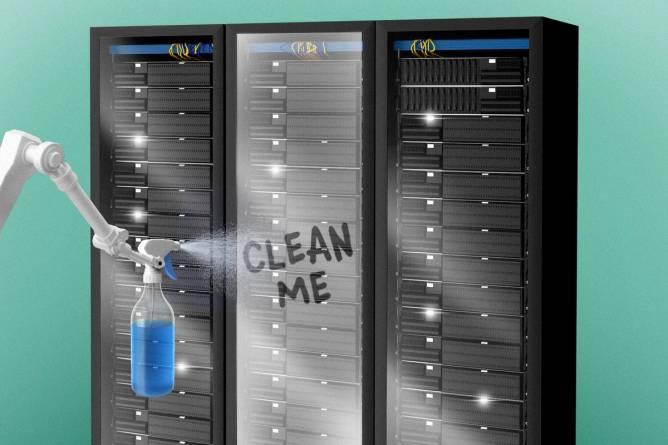Passwords are as out of style as skinny jeans are with Gen Z at this Cerritos, California-headquartered cloud-hosted SaaS company. For the past year, vendors and employees at AuditBoard have been seeing traditional static passwords less and less as the company inches closer to being 100% passwordless. AuditBoard CISO Richard Marcus told IT Brew that the move to the Holy Grail cybersecurity status was spurred after observing an increase in the number of third-party breaches that were occurring in AuditBoard’s vendor ecosystem. A 2024 study by Prevalent found that 61% of companies experienced a security incident related to the use of a third party in 2024, up from 41% in 2023. “It’s just a wake-up call for us that as our world becomes more interconnected and we become more reliant on third parties, we just have to be really thoughtful about the sensitivity of the information we share with them and passwords are certainly in that category,” he said. He added that the audit, compliance, and risk management software company also underwent the ongoing transition after seeing a 400% year-over-year increase in social-engineering attack attempts against its employees between 2023 and 2024. “If you don’t have a password, you’re not susceptible to those attacks,” Marcus said. Read the rest here.—BM | 







